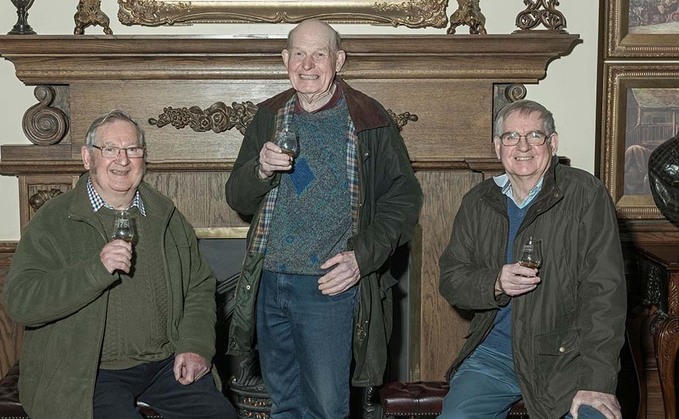
When it comes to farming families, their histories can span back centuries. Here, Ewan Pate speaks to three brothers who are all in their 70s and show no signs of stopping. Few families can have served...

When it comes to farming families, their histories can span back centuries. Here, Ewan Pate speaks to three brothers who are all in their 70s and show no signs of stopping. Few families can have served...

BNG National Habitat Bank Creation & Unit

FARM LOANS & RE-MORTGAGES

Commercial Secured Bridging Loans for Business